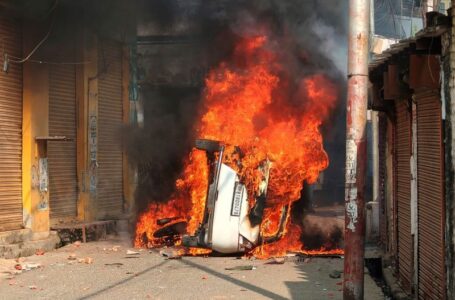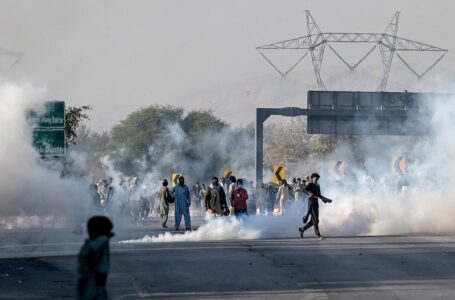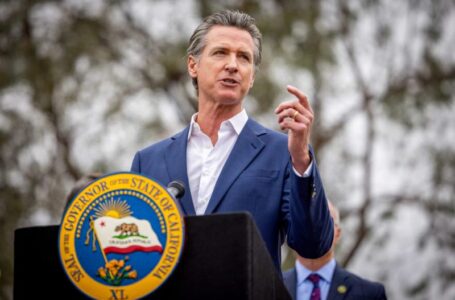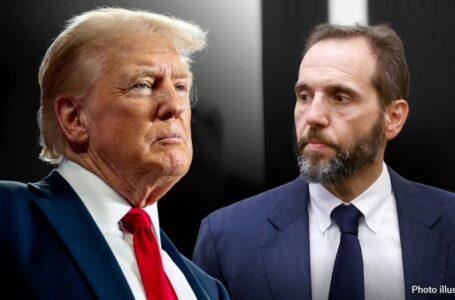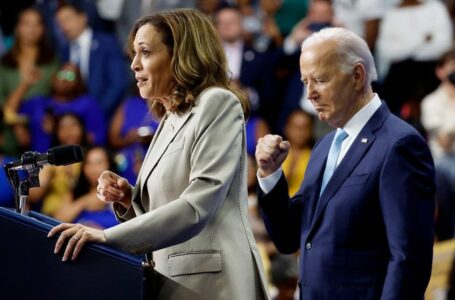Trump, Harris venture into the politics of Hurricane Helene
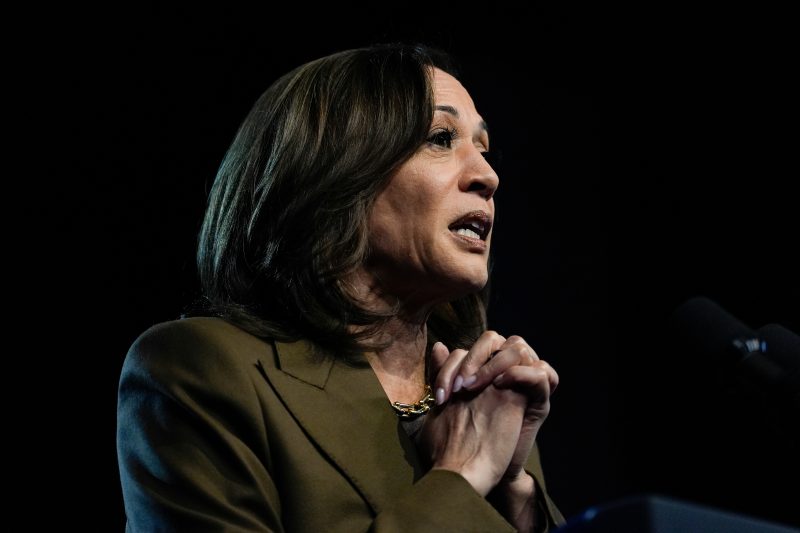

The two candidates for president ventured carefully into the politics of Hurricane Helene on Monday, with Vice President Kamala Harris canceling West Coast campaign stops to attend a storm briefing in Washington and former president Donald Trump planning to deliver remarks from a Georgia city that was battered by the storm.
More than 100 people have been killed in six states after Helene made landfall on Florida’s Gulf Coast on Thursday as a Category 4 hurricane. Lashing winds and torrential downpours washed out hundreds of roads and flooded entire communities across 10 states.
President Joe Biden gave remarks aimed at reassuring the public that the administration was acting decisively in the wake of the storm. He said he was marshaling resources including 3,600 federal employees already on the ground. “We know there’s more to do, and we continue to surge resources,” Biden said from the White House.
The president said that he talked with state and local officials for hours over the weekend and that he hopes to visit affected communities later this week. “We’ll be there — as I said before, and I mean it — as long as it takes to finish the job,” he said. “The Biden-Harris administration will be there until the job is done.”
In the wake of the devastation, political calculations shadowed a human tragedy whose dimensions are not yet fully known. North Carolina and Georgia are both battleground states coveted by both parties in the presidential election.
Natural disasters, and hurricanes in particular, have a history of playing into national elections, because the response to them is often seen as a measure of the competence of the administration in power. The aftermath of Hurricane Katrina in 2005 contributed to broad dissatisfaction with the administration of President George W. Bush, and Republicans lost control of the House and the Senate the following year.
Trump quickly sought to make an issue out of the hurricane over the weekend, saying Harris “ought to be down in the area” affected by Helene, a message that was echoed by his campaign aides and supporters. Many prominent officials avoid visits to disaster areas in the early days, wary of interfering with relief efforts.
On Monday, Trump posted on Truth Social that he was headed to Valdosta, Ga., and planned to “bring lots of relief material, including fuel, equipment, water, and other things, to the State.” Details of his efforts were not immediately clear.
He also suggested, without evidence, that North Carolina’s Democratic governor was not helping the Republican areas of that hard-hit state.
“President Trump is traveling to Georgia to receive an update on the devastation from Hurricane Helene,” Trump campaign spokeswoman Karoline Leavitt said in an email. “Where’s Kamala? Oh, that’s right, she is wining and dining with her radical left donors in San Francisco.”
Harris spent the weekend on a West Coast swing, raising $55 million at a pair of California fundraisers. Later, she announced that she was canceling other campaign events to return to Washington and attend a Federal Emergency Management Agency briefing.
Harris’s campaign said she was not immediately going to areas hit hardest by the storm. Harris said she was evaluating a trip to the area at a later time, when the significant security footprint customary for a vice president would not detract from recovery efforts.
Her campaign criticized Trump’s remarks at a rally in Walker, Mich., where he said of those affected by the storm: “If we were there, we’d be helping you. You’ll be okay.”
KamalaHQ, the Harris campaign’s X account, shared video of that comment with its roughly 1.3 million followers, suggesting that the former president was downplaying a deadly disaster.
“You’ll be okay,” the tweet read, along with a parenthetical note: “(Dozens of deaths have already been reported).”
In addition, Harris allies highlighted that Project 2025 — the road map for a second Trump administration drafted by conservative think tanks in Washington — would privatize weather forecasting now conducted by federal agencies.

